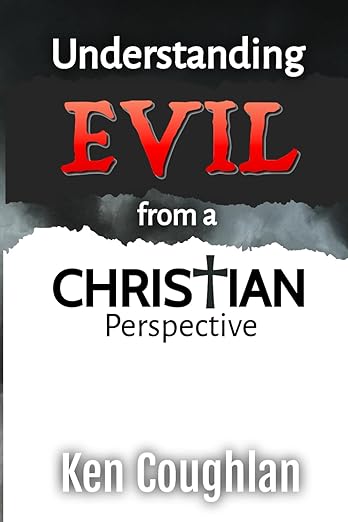Escaping Egypt: Undeserved Loyalty

Editor’s Note: Lutheran CORE is collecting and possibly publishing stories from our readers and congregations about the process they followed when they tried to exit the ELCA — successfully or not — including any abuse by church authorities towards their congregation. This article by Dr. Brian Hughes, Lutheran CORE Board Vice-President, is the first in our new Escaping Egypt series.
He replied to him, “Who is my mother, and who are my brothers?” Pointing to his disciples, he said, “Here are my mother and my brothers.” Matthew 12:48-49
“One of the most common characteristics of adult children of alcoholics is that they tend to be very loyal. Despite all of the hardships that they went through, adult children usually stand by their parents regardless of the way they were treated.”
John A. Smith, Psychotherapist
Hi. My name is Brian and I’m an ACOA. I’ve had friends in ministry question why it took so long for me to finally exit the ELCA and roster with another church body, a fair question and one that needs to get lifted for those who are still inside. Make no mistake, as our director Dennis Nelson has begun to warn, the doors are likely to slam shut next August at the national ELCA Assembly. So why are you and your congregation still inside, especially if you’re a moderate, grace filled compassionate confessional Lutheran?
So why DID I hang on so long? I served as Assistant to the Bishop of the Sierra Pacific Synod in the early 2000s when the advocates came after me, tried to destroy my career because I was merely a moderate and not a champion for their movement of change. As I like to say, I didn’t know what the words slander, libel and defamation meant, but my attorney wife did. I left that call, moved to the other side of the country (Maryland) and helped continue building out a prevailing ministry, but still in the ELCA until finally retiring early and leaving January 2020.
Welcome to the world of ACOA (adult children of alcoholics). We give prodigious loyalty long after it’s not warranted or deserved. We’re hard wired to hang in there no matter how bad it gets. We also tend to overachieve and become Type A personalities which can lead to other issues like stress induced cardiac problems. Someday ask me about the heart attack I had underwater while on a shipwreck. It’s a great story. It helps to explain why some of us aging confessional Lutherans hung on despite all we experienced, all we observed, all we came to understand about the trajectory of the ELCA. Undeserved loyalty.
Like many of his generation, my dad never talked about his experiences in WWII. Later in life I came to know he was a medic in the European Theater and, through education and pastorally interacting with middle east deployed veterans, I have come to understand the impact PTSD has on them. I can only imagine the horrors my dad witnessed during his generation’s war, but as a child I didn’t understand why he drank so much, physically abused our mom and yelled at me and my sister. With these ingredients properly measured and poured into the cauldron of development an ACOA was formed.
So brothers and sisters still inside, why are you still there and what are your hopes going forward? My moment of decision to go was when, in 2018, the ELCA at their national youth gathering put a chemically and surgically mutilated child on stage and celebrated God’s handiwork in creating a trans child. And at that moment it was clear they were not my brothers and sisters and likely not disciples of Jesus either. The pull of loyalty was broken. How about you?







